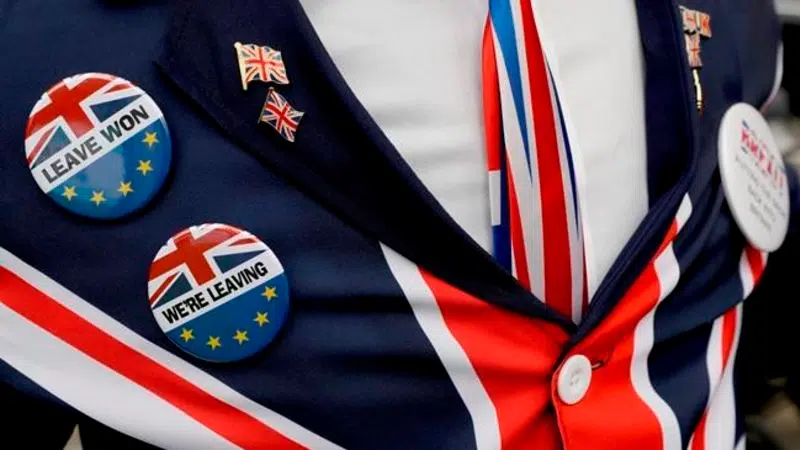
December election? UK ponders early, Brexit-dominated vote
LONDON — Britain appeared on course Tuesday for an early general election that could break the country’s political deadlock over Brexit, after the main opposition Labour Party said it would agree to the government’s request to send voters to the polls in December.
Prime Minister Boris Johnson is pushing for a Dec 12 election in hopes of breaking the Parliamentary stalemate that blocked his plan to take Britain out of the European Union this month. Earlier this week, the EU granted Britain a three-month Brexit extension until Jan. 31.
Johnson — who has had to abandon his vow to lead Britain out of the EU on Oct. 31 “do or die” — accused his opponents of wanting to prolong the Brexit process “until the 12th of never.”
He told lawmakers in Parliament on Tuesday there was no choice but “to go to the country to break free from this impasse.”


